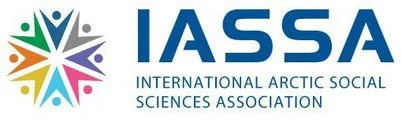EDINBURGH 2024.
ARCTIC OBSERVING SUMMIT.
Source: Michael Karcher
TOWARD EQUITABLE ARCTIC OBSERVING SYSTEMS:
TRACKING HUMAN WELL-BEING AND ADVANCING ENVIRONMENTAL OBSERVATIONS THROUGH SOCIETAL AND INTERSECTIONAL LENSES.
Arctic communities experience profound environmental, socio-economic and cultural changes that put their well-being and adaptability to the test. Attempts of tracking well-being through a set of robust social indicators aim to be a fundamental part of social monitoring along with biophysical indicators of ecosystem health (Larsen et al. 2014). However, there is currently no integrated, cross-regional, long-term monitoring and indicator system in place for the Arctic.
The benefits of large-scale and integrated pan-Arctic observation attempts are still not entirely clear. Simultaneously, efforts aimed at bringing about such a system raise fundamental questions of what is to be observed, monitored, and measured? Who decides on these issues? What are the methods, and what are their ethical ramifications? How to collect data in ways that account for local knowledge and needs? How can we ensure that the resultant tracking system is equitable in an intersectional sense and addresses rights of Arctic peoples and the users of such a system? Those questions also pertain to environmental observations of Arctic change and recent efforts toward more diverse, inclusive, gender-sensitive and intersectional approaches into Arctic observing systems.
SPEAKERS.
To read their biographies, click on and hover over the photo.
ORGANIZERS.
The Arctic Observing Summit (AOS) is a biennial summit that aims to provide guidance based on the best available knowledge for the design, implementation, coordination and sustained long-term (decades) operation of an international network of Arctic observing systems.
















